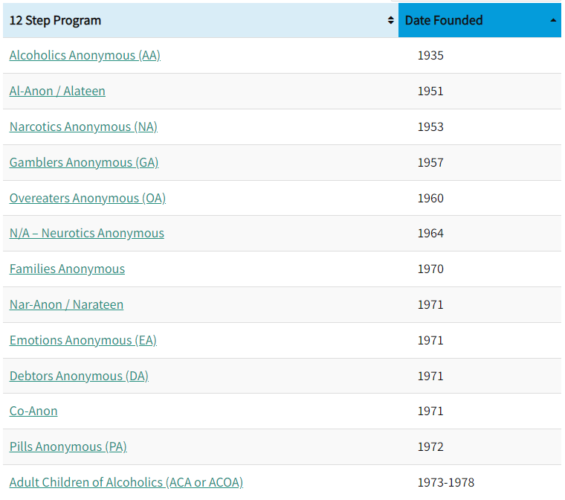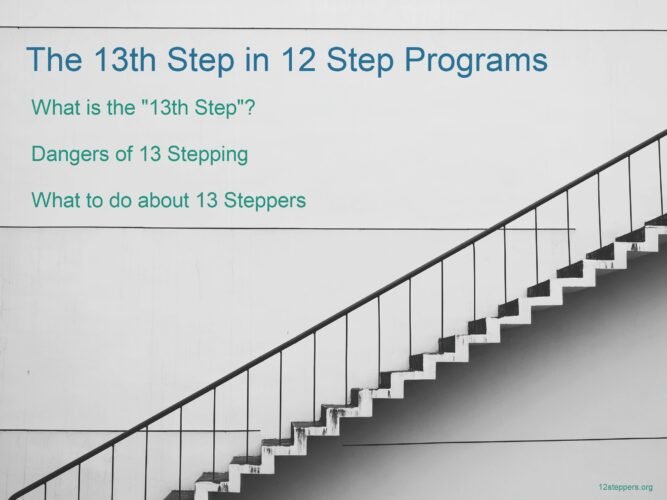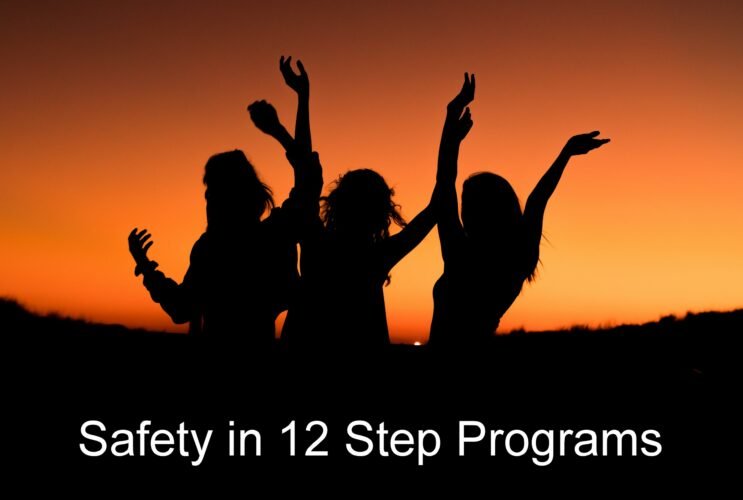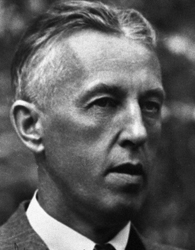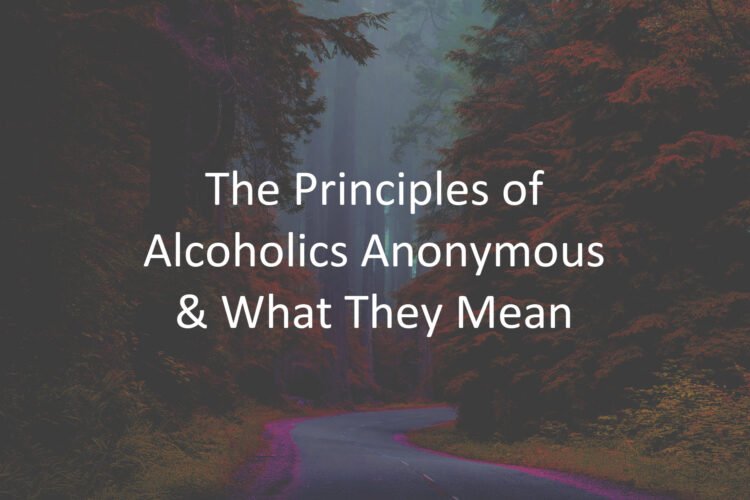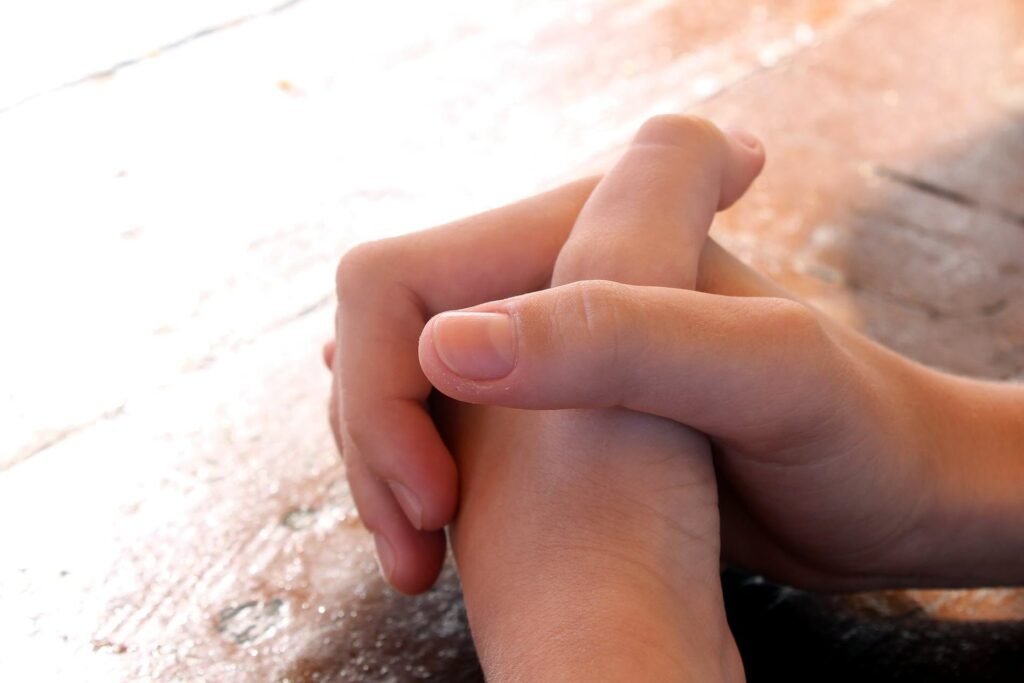12 Step Programs
What is a 12 Step Program?
If you are living an addictive life or even if you are just thinking about quitting your use of drugs or alcohol, you may have heard of working a 12 Step Program. Around ¾ of all addiction treatment centers in the United States use a 12 Step philosophy as a foundation for their treatment programs. With this being said, you might still be wondering – what exactly is a 12 step program?
Basis of the 12 Step Program
The basis of using a 12 step program is to help someone become abstinent from a harmful substance or behavior. They are able to do this by surrendering to their Higher Power. If you struggle with alcohol or drug abuse, you can interpret the Higher Power in any way that you wish. For some people, the Higher Power is God and for others, it is the Universe. Your Higher Power can be whatever allows you to let go of your struggles and ask for help from something bigger than yourself.
Various 12 Step Programs
There are different types of 12 Step programs for those who are struggling with substance abuse or addiction.
If you struggle with alcohol abuse or alcohol addiction, you might attend an Alcoholics Anonymous meeting. 12 Step programs for alcoholism or alcohol abuse are designed to help people abstain from drinking and are designed to help people overcome addiction and live a sober lifestyle.
If you struggle with drug abuse or drug addiction, you might attend a Narcotics Anonymous meetings. These 12 Step programs are designed to help someone get clean from drugs and live a life free from drugs.
12 Step Program History
Alcoholics Anonymous was founded in 1935. The 12 Step model was created by Bill Wilson & Dr. Bob. They wrote down the 12 step ideas that came from his own experience with alcoholism and his vision of this disease. He wrote how positive things can happen when someone shares their story of alcoholism with other alcoholics.
Bill Wilson wrote these ideas in what turned out to the the “Big Book”. The steps that are placed into this book were created through various concepts and teachings that Wilson had personally encountered.
During the crafting of the original 12 steps, a greater or Higher Power was sought, to help people who suffered from an alcohol or drug addiction.
Since the origin of the “Big Book”, millions of people have read it and used it to help them overcome their addiction. They have used it to help them change their behaviors and attitudes toward addiction. While originally based on alcohol addiction, various other forms of 12 Step programs exist. Some of these include Gamblers Anonymous – GA, Heroin Anonymous – HA, and Narcotics Anonymous – NA.
Today, there are 12 Step programs and meetings all around the world. There are even 12 Step meetings that you can attend online, as well.

